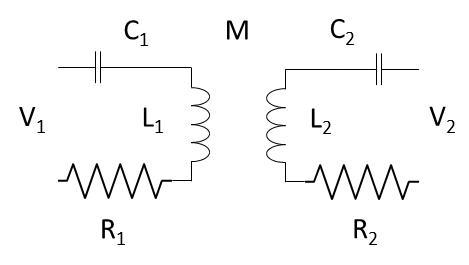
Background
At the Holst Centre on the High Tech Campus in Eindhoven research is carried out in the fields of Wireless Autonomous Transducer Solutions (WATS) and Systems In Foil (SIF). Within the WATS program, one of the research topics is wireless, RF energy transfer. Through the reception of ambient RF energy (GSM, DTV, WLAN, etc.) or the reception of dedicatedly transmitted RF signals, low-power sensors are directly powered or batteries are charged over distances ranging from a few decimetres to many meters. The focus in this research is on DC voltage maximization over large distances and on DC power maximization on intermediate (1-3m) distances.
Project description
Inductive power transfer is increasingly being used in consumer applications, rangin from the earliest application - the electric tooth brush - through wirelessly charging mobile phones using a power mat to near-future battery charging of electric vehicles. One of the main advantages of transferrring power inductively over transferring power by radiation is the high power transfer efficiency. One of the main drawbacks is the very limited allowed distance between the transmitter and receiver.
Within this project we will study the feasibility of combining inductive and radiative power transfer using the same transmitting and receiving structures. The use of low or high frequencies for both inductive and radiative transfer simultaneously will be investigated as well as combining or switching between low and high frequencies for inductive and radiative transfer respectively.
Theoretical work will be verified by comparison with full-wave simulations and - where and when possible - by measurements on prototypes to be constructed.
Project organization
The work in this project will be conducted at the Holst Centre premises and will be supervised by Huib Visser. A second supervisor will be appointed from the EM group and will provide for a regular consultancy and will guard the project progress.
Contact
Dr.ir. Huib Visser, h.j.visser@tue.nl / huib.visser@imec-nl.nl